Zombieland
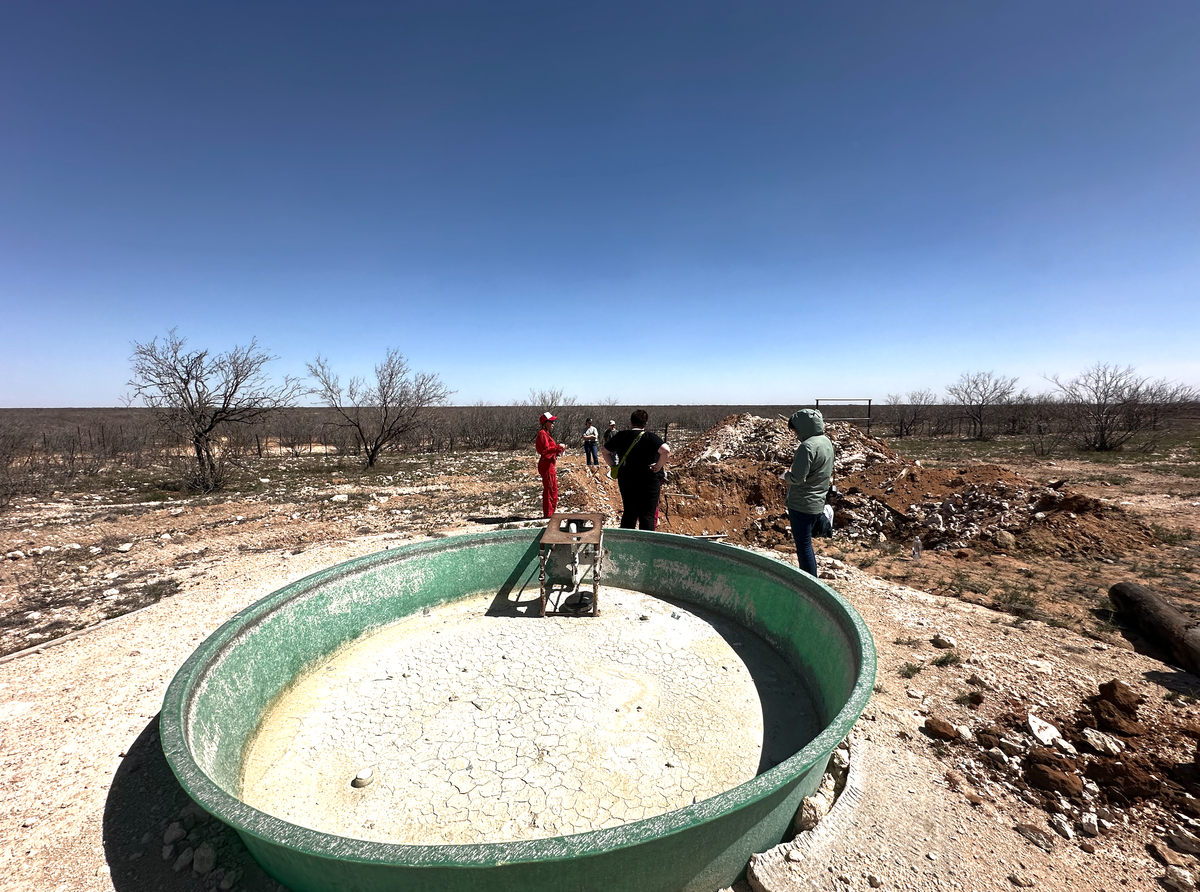
Here we go again.
“Last week, a retired oil and gas worker named Luke Shipp called out Railroad Commissioner Wayne Christian for claiming that no wastewater disposal well has contaminated groundwater used by people.”
That quote is from a column in the Houston Chronicle about the ongoing problem of toxic water bubbling (and sometimes blasting) out of old oil and water wells in West Texas, known as Zombie wells. This is a mess caused by the disposal of toxic oilfield wastewater in injection wells, which I wrote about last month, where I featured this bit.
In 2014, Moniz was on British TV touting fracking as being environmentally sound and that “we continue to not see examples of fracking, hydraulic fracking, compromising fresh water.”
So the industry will continue to deny and delay. It works. You can’t blame them as they apparently are free of any sense of morality and it pays well. And they can afford to live in the parts of the world they haven’t destroyed. Since I wrote that piece, a new study came out linking injection wells to the problem.
“We established a significant link between wastewater injection and oil well blowouts in the Permian Basin,” wrote the authors of the study, funded in part by NASA and published last month in the journal Geophysical Research Letters. The finding suggests "a potential for more blowouts in the near future.”
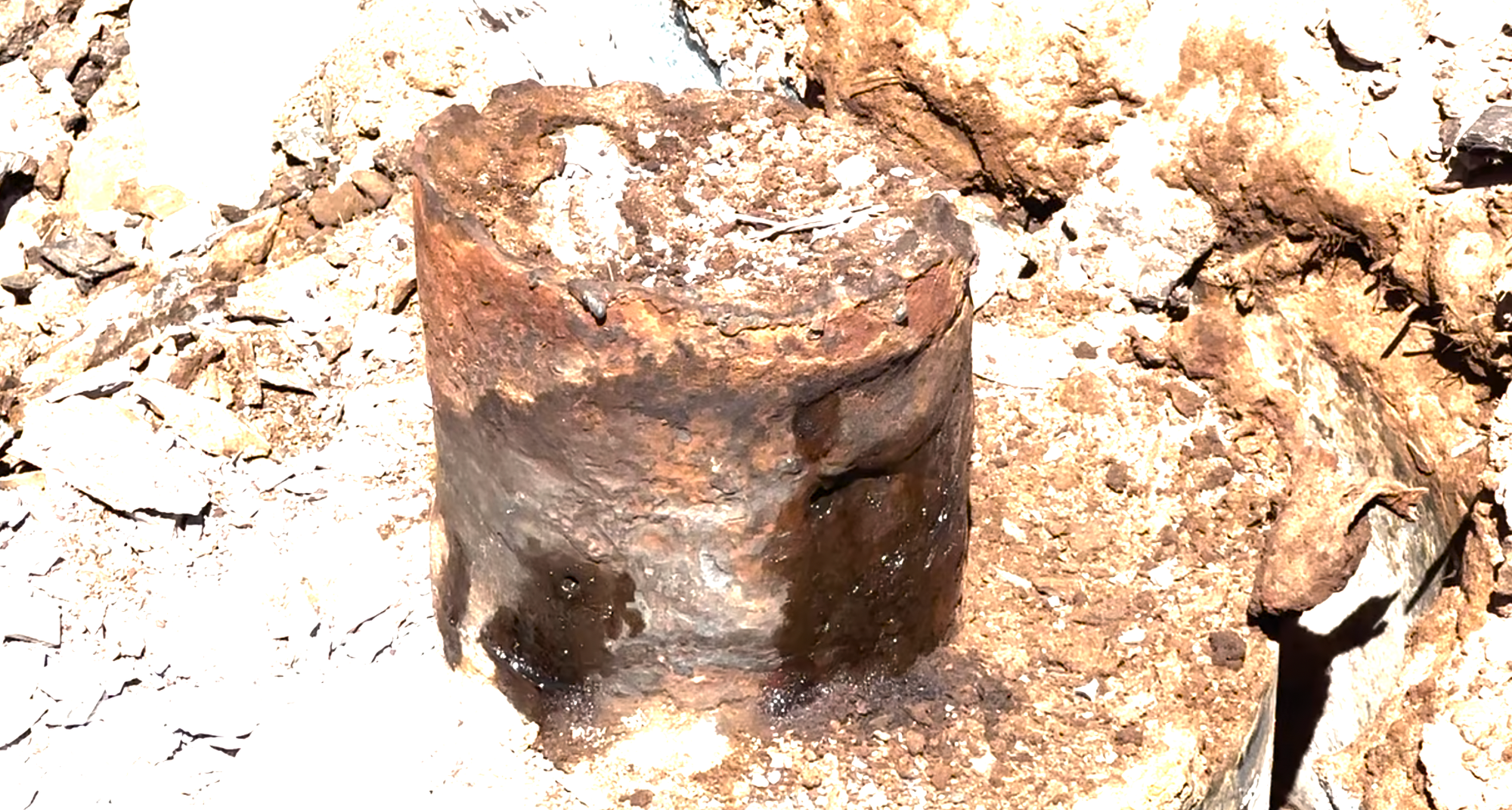
Sarah Stognor, recently featured in the New York Times, has been leading the charge to hold the oil industry accountable for what they have done to West Texas regarding zombie wells and water contamination. And she also is making the point that the industry should pay to clean up its mess.
Things are definitely not ok in the Permian Basin. As I’ve written, the oil industry is setting itself up to walk away from this when they are done taking the profits. Unless we want to end up paying to clean up the mess the oil industry has made, we need to get the money from them now. If you don’t believe me, perhaps you would believe an oil executive (of course, not a US oil exec)?
“[site operators] have sites to demolish and return to open fields and someone has to pay for that. And the government won’t pay for it and nobody else is going to pay for it.
“So the industry has to generate some wealth that can be used to reward its shareholders but also can be used responsibly to end the oil era in onshore UK.”
He continues (ignore his comment about not being able to cook on "electric things" as its best to never taking culinary advice from an oil CEO.)
“the energy transition doesn’t just involve building a lot of windmills and solar farms and everyone buying electric cars and cooking on those electric things, that I can’t cook on.
“It also involves cleaning up more than 100 years of industrial activity and if you look at all these producing fields in the Weald and in the east midlands, it’s a bit like the North Sea.
Some odd honestly from an oil exec. I guess its true that Europeans are different. But apparently so are the Aussies.
In Western Australia, Santos faces substantial costs to ensure old offshore wells do not leak and to remove pipelines and platforms from the ocean. Santos chief financial officer Anthea McKinnell said the company was working with regulators to spread the cost over time to ensure the WA operation did not drain cash from the rest of Santos.
But there is that slippery slope. They say they want to clean up, they just don’t want to use their cash to do it. They want to spread it over time. But at least they are acknowledging the problem, unlike in America.
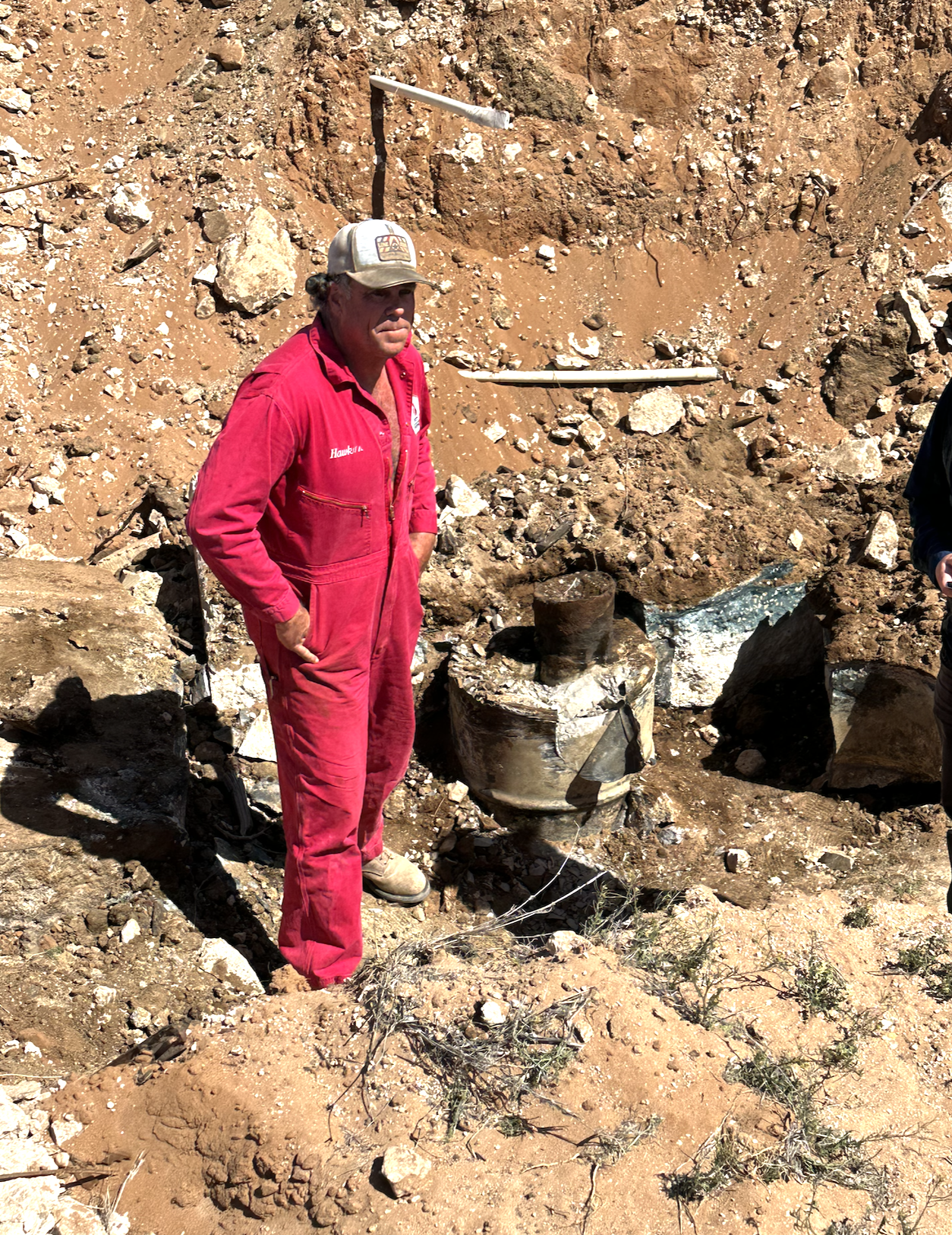
The oil industry and its cheerleaders like Ernest Moniz promised fracking wouldn’t contaminate drinking water. They were wrong. The Texas regulators claim that no injection wells have contaminated drinking water despite the evidence. Perhaps they should be forced to drink tap water in Midland? And the oil industry also says they will pay to clean up the mess they made. They promise. Just give them a few decades to spread it over time.
This week the trade publication Oilprice.com even acknowledged the problem.
Who will pick up the $280 billion bill? So far, it is the U.S. public. As I argued last week, we already effectively own these liabilities. So, how do we get the money to pay for them?
This is how petrostates currently manage decline. Personal enrichment for a few while moving the liabilities to the public. This is why it is correct to state that the U.S. public effectively already owns the liabilities of the oil and gas industry. The question remains, as the owners of the liabilities, will we the public be able to get the oil companies to pay to clean up the mess they made?
The oil industry owes us the money. We need to get it soon before the profitable oil is gone like has happened in California.
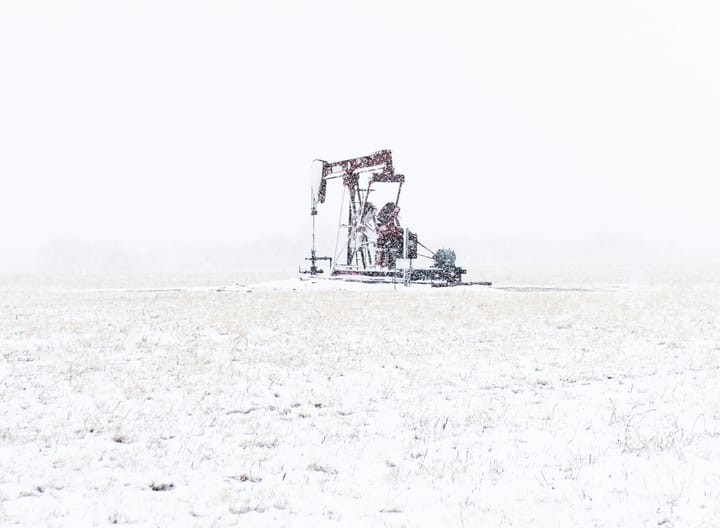

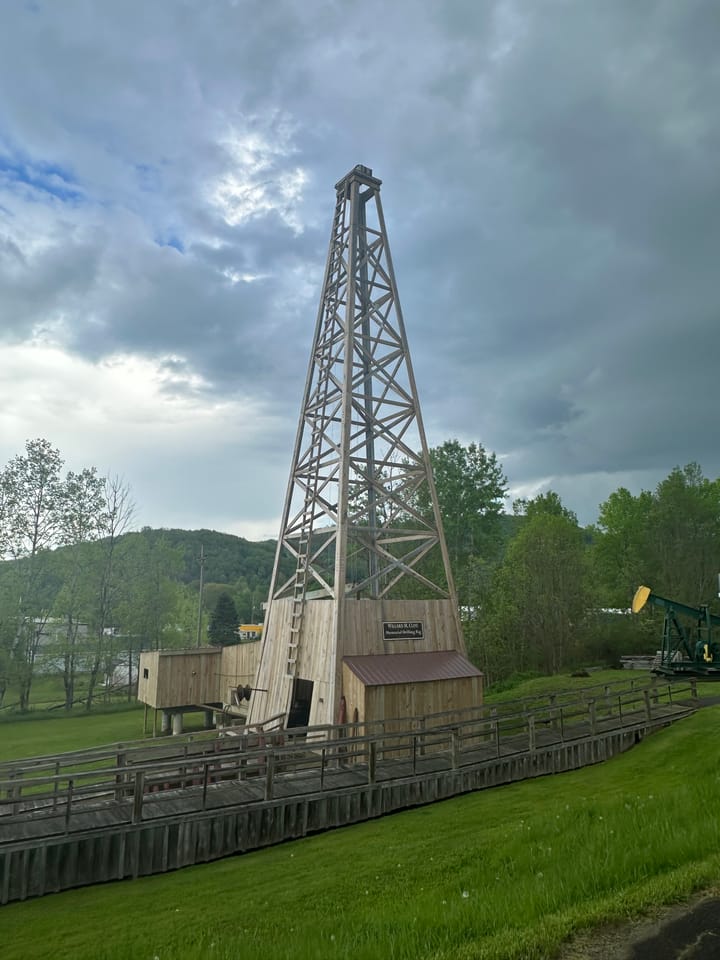
Comments ()